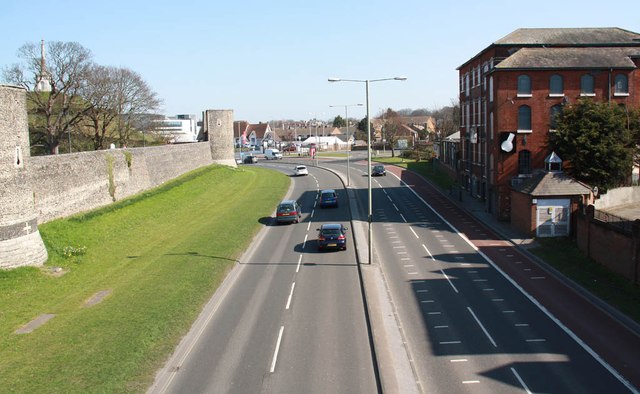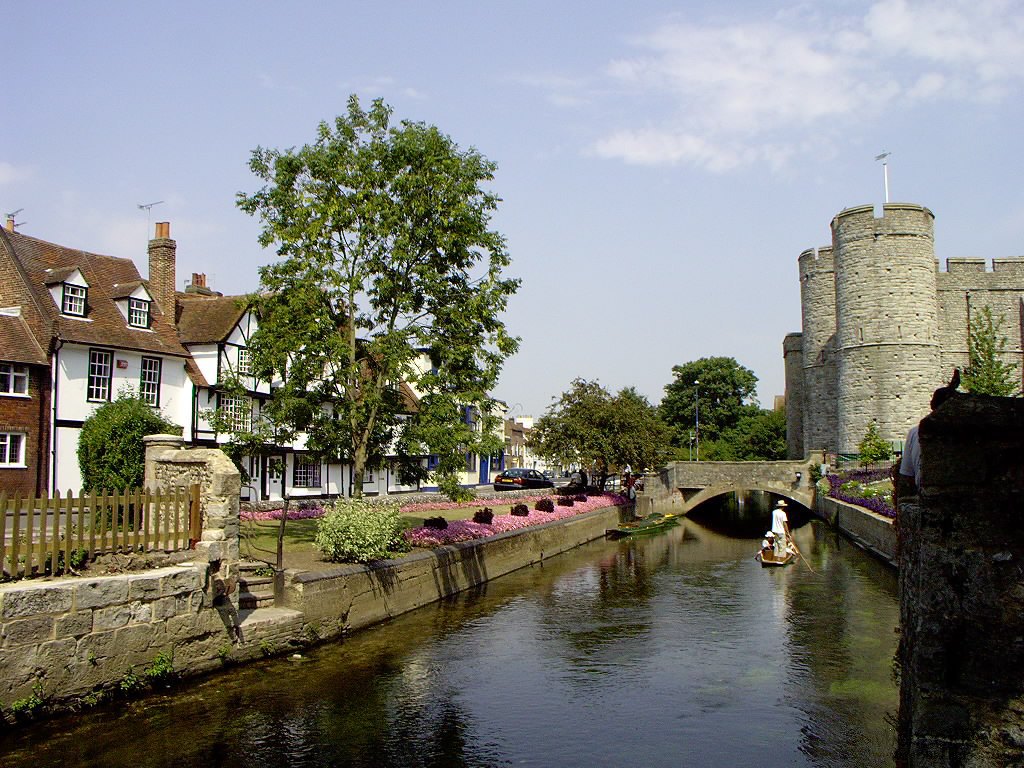Today we have our second guest post from Justin Fox, a graduate of the University of Kent, having studied History here from 2012-2015.
——————————————————-
Situated a good ways south of London amidst the ‘Garden of England’, you could be forgiven for assuming that Canterbury and the surrounding parts of Kent are oasis’s of environmental welfare and a triumph of nature. However, as with any urban hub that has increasingly developed and become more and more built up over time, there is a hidden menace which threatens our health and goes against the most central tenants of sustainability.
Whether you’re based up by the University or in the heart of the city, there’s no getting away from the emissions of industry, transport, and those generated just from day to day living. According to Canterbury Council, their current objective in this regard is to keep a lid on the quantity of nitrogen dioxide being produced and specific attention is being paid to the city centre and surrounding primary roads.

Naturally when compared to the larger and more densely populated cities across the country, Canterbury is hardly going to be the first location that requires urgent aid. Statistics from Air Quality England since the turn of the year place the city within the lowest ‘band’ of pollution and note that the Strategic Objectives for the area are ‘not exceeded’.
However that’s not to say things are totally fine and there’s no reason for Canterbury residents to be concerned about air quality at a local level. Persistent exposure to unclean air can have all kinds of unforeseen consequences as even low levels of pollution can do damage to someone if they feel its impact each and every day.
The prevalence of agricultural farms on such a scale nearby also could be some cause for concern as a factor driving air pollution as animals on farms in particular are known for being a net contributor to methane emissions. Whilst there’s no denying the valuable economic contribution food production has both countywide and nationally, that as with most things comes with an environmental cost.
Indeed there were worries in the Spring of 2016 that air pollutants from farms within Kent were going to combine with those from mainland Europe and create an ‘agricultural smog’. Various officials recommended that those with pre-existing breathing issues should avoid physical activity and seek shelter where possible, and that anyone else displaying symptoms of breathing difficulties should also stop what they are doing and take things easy.

Overall the point is that despite appearances, air pollution is a serious matter even in locales where you might not think it would be a matter of priority. Whilst comparatively benign compared to larger population centres, that’s not to say work isn’t still needed to better air quality in Canterbury. Newly incoming MP Rosie Duffield had covered the matter in the run-up to the election, so hopefully action can soon be taken to set matters aright. For the time being though individual responsibility is still vital to protecting ourselves from the effects of pollution, as complacency cannot be afforded with an issue that impacts on every one of us.
